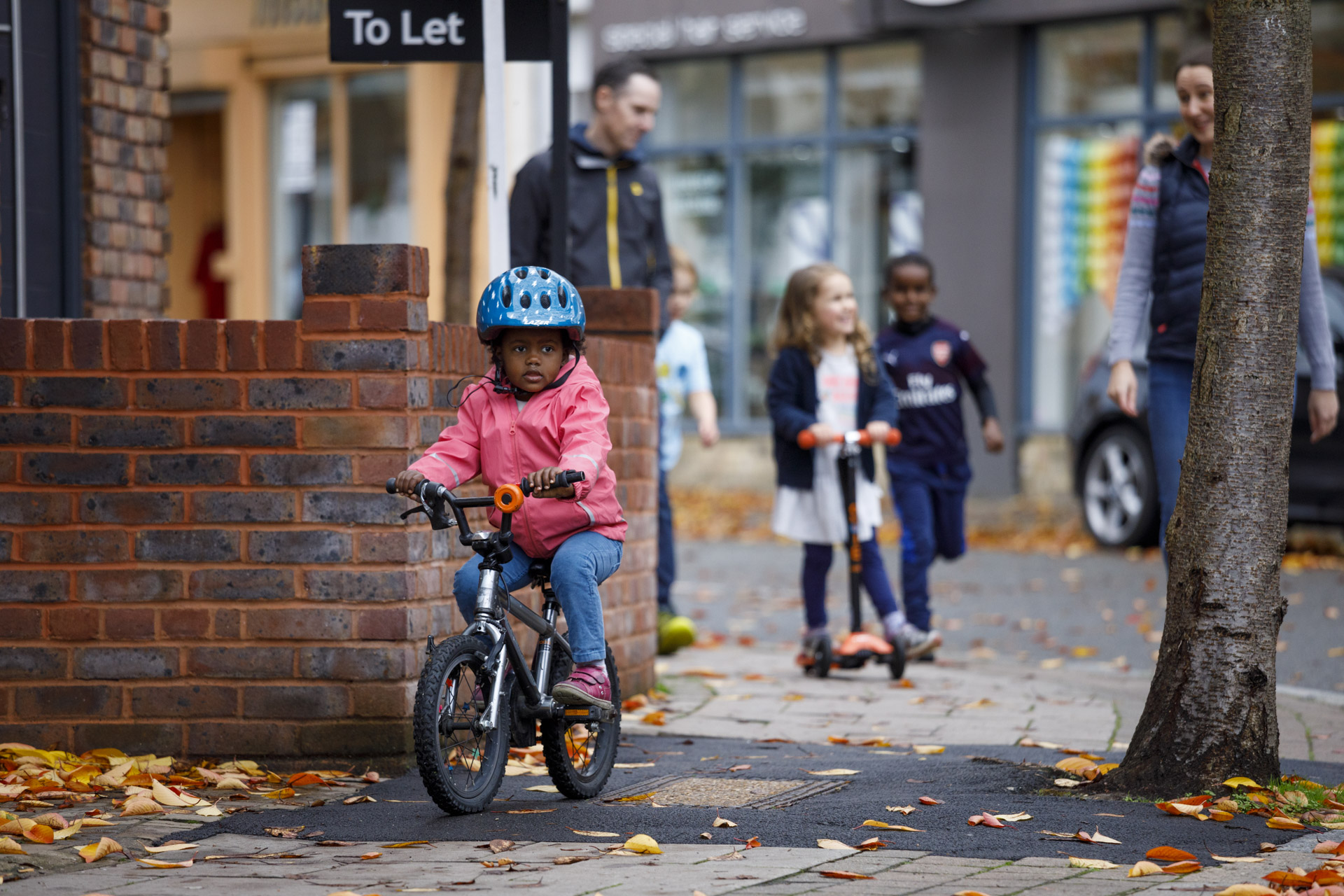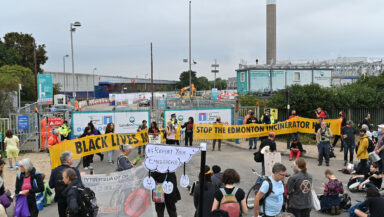Listen to this article read aloud by the Greenpeace team.
The government has committed to ban the sale of new petrol, diesel, and dirty hybrid cars and vans from 2030. They’ve also announced extra grants for electric car buyers, and more funding for charge points.
How significant is this?
This is a huge milestone for climate action in the UK. It will help to significantly cut carbon emissions and take a big step towards meeting the UK’s near-term climate targets. Polluting cars and vans are responsible for around one-fifth of all carbon emissions in the UK.
But the ban isn’t a completely new idea. The government had already committed to phasing out new petrol and diesel cars by 2040. What’s different is the deadline: new fossil-fueled cars and vans will now disappear from showrooms and dealerships 10 years earlier than planned.
Bringing forward the phase out deadline will not only significantly reduce climate-wrecking emissions, but it will also help to clean up toxic air pollution on our streets, which we have long known has a disproportionate impact on poorer communities and certain communities of colour.
This is also better for jobs across the UK, and workers within the car industry. A Greenpeace report, written by Cambridge Econometrics, found that a 2030 ban on new petrol, diesel and hybrid cars and vans could create 32,000 new jobs by the same year, and increase GDP by £4.2bn, compared with a later phase-out date of 2035.
The ban has been a long time coming
Greenpeace — along with many other organisations — has been campaigning against polluting vehicles for over three decades. Check out this gallery of the people and activities that help get us there.




